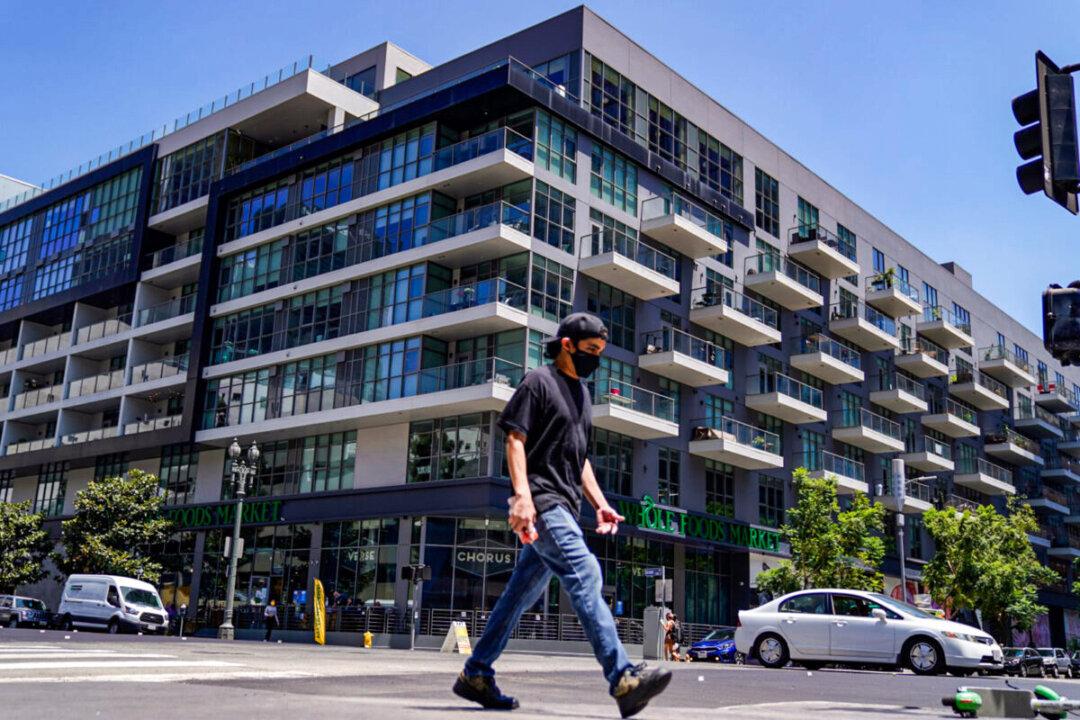California lawmakers are considering putting a limit on the amount of security deposit landlords can charge renters, drawing opposition from several of the state’s property owners and realtors’ groups.
The legislation has recently crossed a major hurdle on its way to full approval. Assembly members on May 22 advanced Assembly Bill 12, sponsored by Assemblyman Matt Haney (D-San Francisco).





